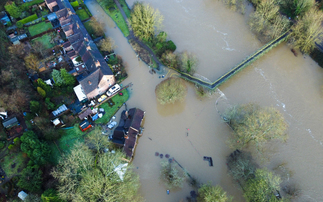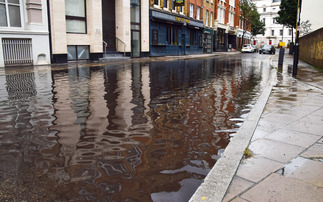DNV's Bjørn Kj. Haugland makes the case for a risk-based framework for tackling unavoidable climate risks
Earlier this month, the world's heads of state, government, industry and NGOs met in Durban, South Africa, to discuss our common future. These climate negotiations were more successful than many people...
To continue reading this article...
Join BusinessGreen
In just a few clicks you can start your free BusinessGreen Lite membership for 12 months, providing you access to:
- Three complimentary articles per month covering the latest real-time news, analysis, and opinion from Europe’s leading source of information on the Green economy and business
- Receive important and breaking news stories via our daily news alert
- Our weekly newsletter with the best of the week’s green business news and analysis






